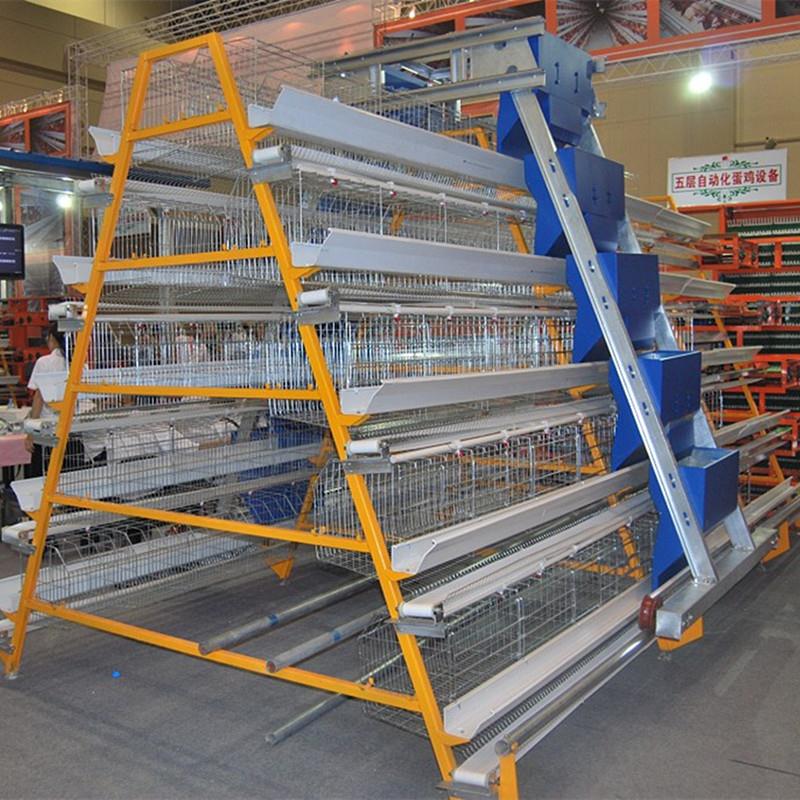There are three stages of chicken raising, and each stage has different problems that need attention. Next, I will tell everyone about the three important stages of broiler breeding.
- Early feeding period (0-10 days old)
During this period, Salmonellosis and Colibacillosis are mainly controlled. The mortality rate is generally 2%-3%, accounting for about 30% of the total deaths in the whole period. The chicks should be imported from a formal and well-conditioned hatchery; improve the brooding conditions, switch to a heater for heating, reduce dust; maintain a suitable temperature and humidity, and the temperature should not fluctuate; medication should be used in a timely manner, and the selection of drugs should be appropriate. At the same time, some nutritional additives, such as glucose, electrolytes, vitamins, etc., should be added to improve disease resistance of chickens. Generally, 3-5 days of medication can greatly reduce mortality.
- Mid-feeding period (20-40 days old)
Mainly control coccidiosis (floor culture), mycoplasmosis and colibacillosis, and pay close attention to infectious bursal disease. The mortality rate is generally around 3%, accounting for about 35% of the total number of deaths in the whole period. The conditions of the chicken house should be improved, ventilation should be increased (to ensure the temperature as a prerequisite), temperature should be controlled, litter should be kept dry, and the environment and flock should be disinfected frequently; some anti-stress and immune-enhancing drugs should be given before immunization and grouping. Try to arrange it at night to reduce stress.
- Late feeding period (45 days old to slaughter)
Mainly control colibacillosis, atypical Newcastle disease and mixed infections. Mortality generally accounts for 3% to 4%, accounting for about 35% of the total deaths in the whole period. The environment of the chicken house should be improved, ventilation should be increased, frequent disinfection, 2-3 kinds of disinfectants can be used alternately, but it should be noted that environmental disinfection cannot be carried out 2 days before and after immunization. Do a good job in the pre- and mid-term Newcastle disease immunization work, the procedures are reasonable, the method is appropriate, and the immunization is reliable. Preventive medication. At this time, the medication should be used in combination with antibacterial drugs and antiviral drugs. Feed the chickens with probiotics, adjust the internal environment of the digestive tract, restore the balance of the flora, and enhance the body's immunity.
Every stage of raising chickens is not easy, and farmers need to observe the status of the chickens every day. An automated chicken cage system is recommended here. Centralized chicken raising is convenient for management, so that farmers can observe the status of chickens more conveniently, and help farmers better raise chickens.










